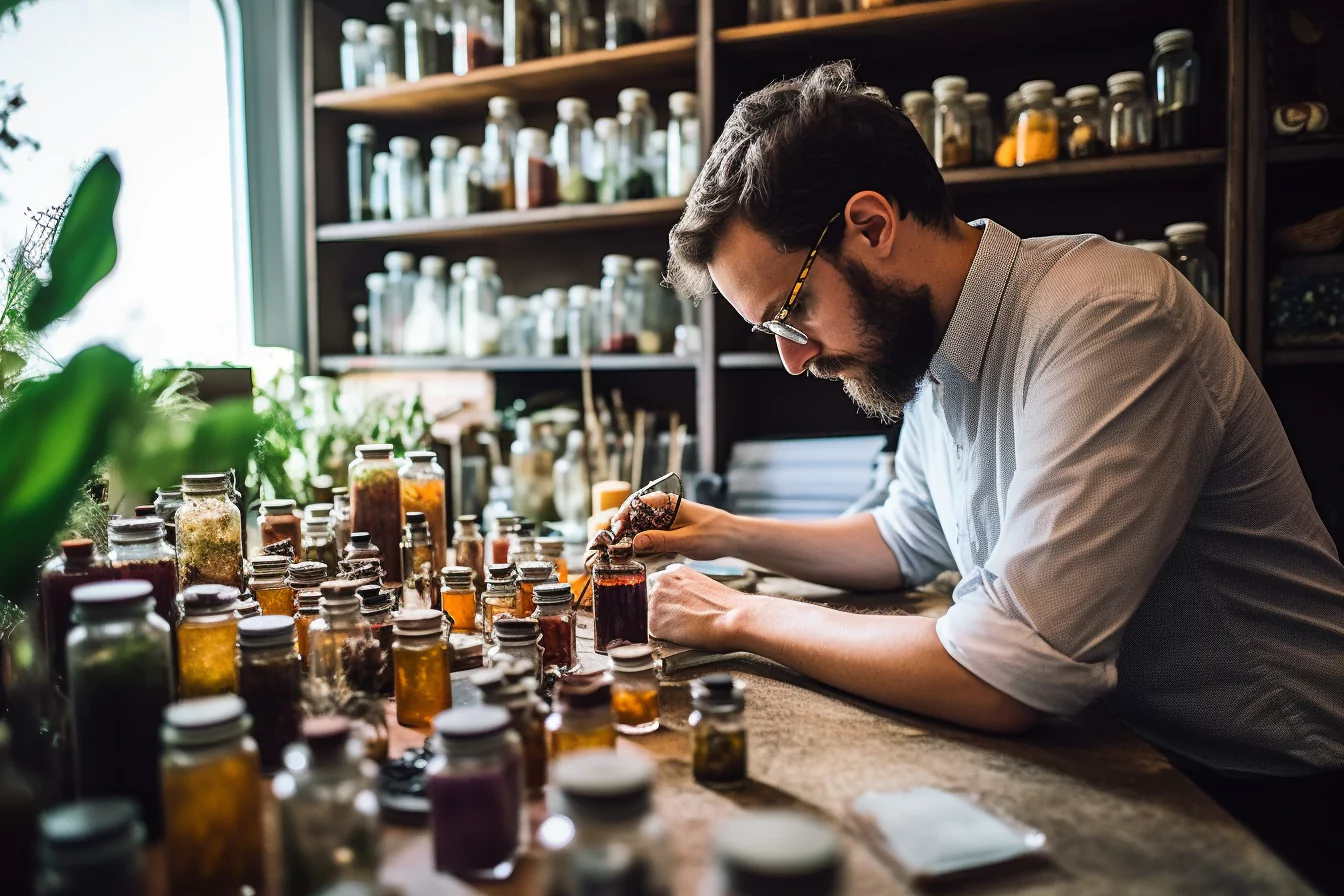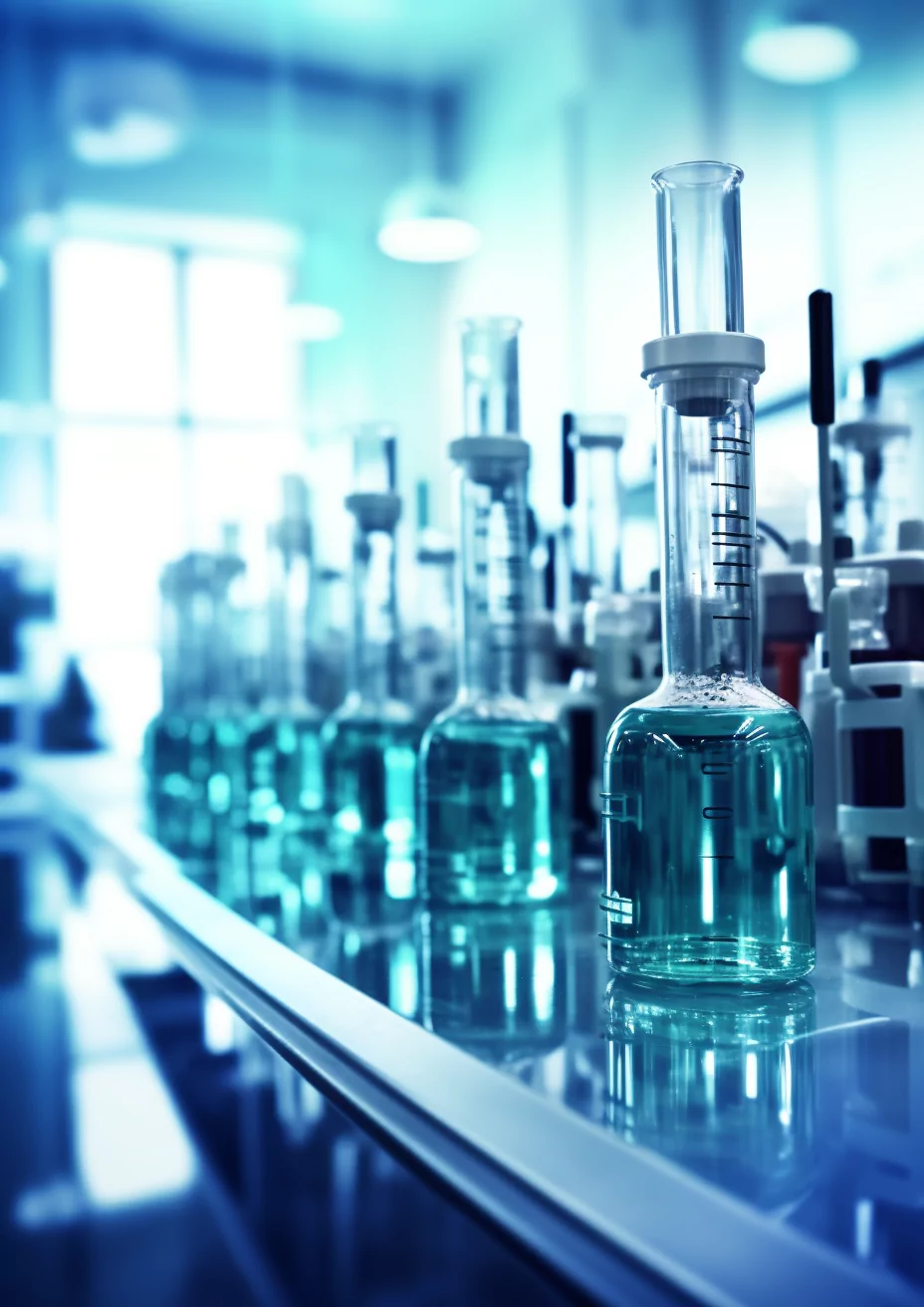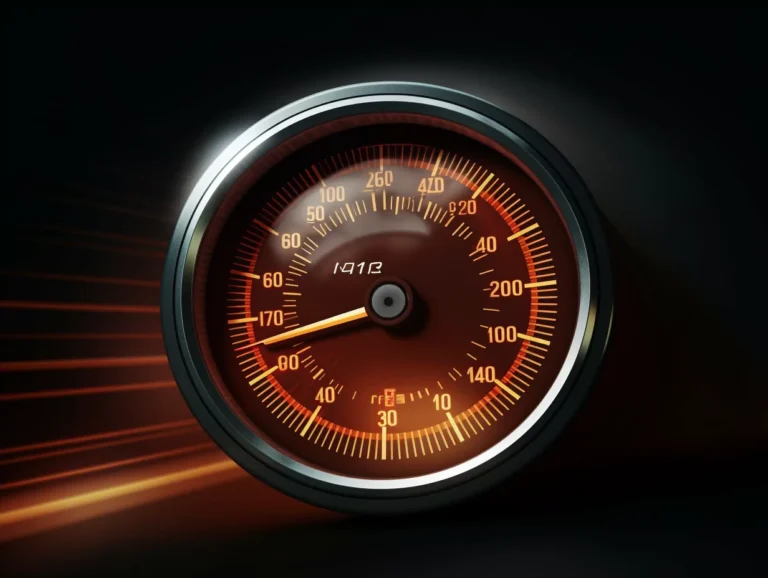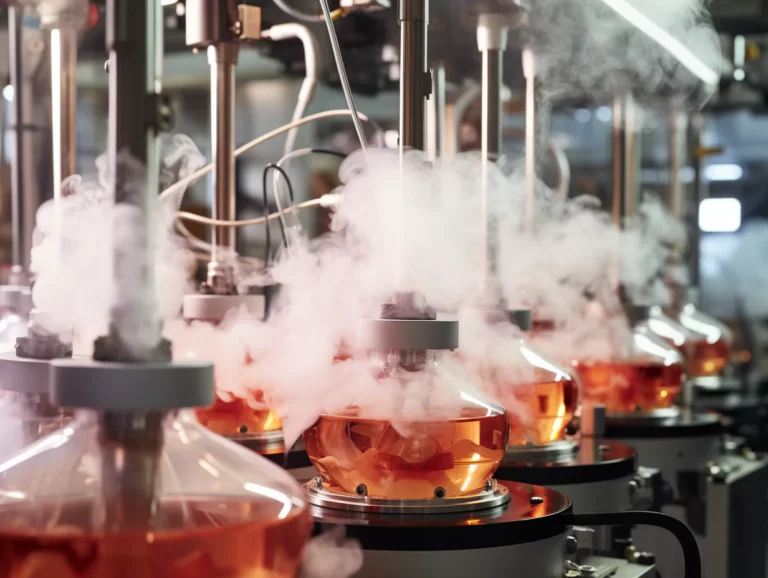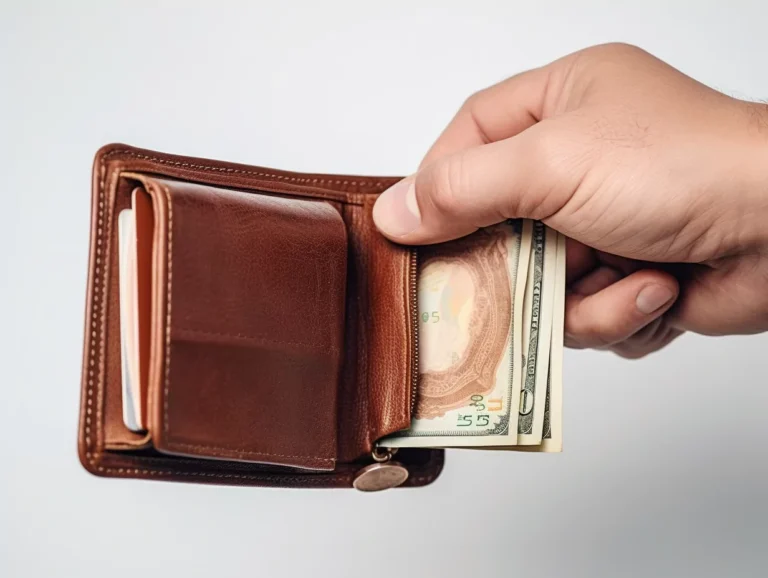If you’ve ever wondered why your new bottle of cologne smells different from the old one or why it just doesn’t seem to last as long anymore, you’ve come to the right place. Today we are going to talk perfume reformulations, what it is and why it happens. Let’s get started!
What is reformulation in perfumes?
Reformulation is basically the tweaking or reworking of a perfume’s original formula. This could mean changing a few ingredients, altering the concentration of certain elements, or even replacing key components with new ones. There are several reasons for reformulations, which we’ll discuss shortly.
Detecting a reformulated perfume isn’t always easy, especially if you’re not a fragrance connoisseur. However, there are a few telltale signs that your favorite scent might have been tweaked:
- Different smell: If you notice that your new bottle smells different from the previous one, it could be a sign that the formula has changed.
- Changes in packaging: Manufacturers might change the packaging, bottle design, or even the color of the liquid when they reformulate a fragrance.
- The scent doesn’t last as long: If you find yourself reapplying your fragrance more often than before, it’s possible that the new formula doesn’t have the same staying power.
Reformulation is basically the tweaking or reworking of a perfume’s original formula. This could mean changing a few ingredients, altering the concentration of certain elements, or even replacing key components with new ones. There are several reasons for reformulations, which we’ll discuss shortly.
Detecting a reformulated perfume isn’t always easy, especially if you’re not a fragrance connoisseur. However, there are a few telltale signs that your favorite scent might have been tweaked:
- Different smell: If you notice that your new bottle smells different from the previous one, it could be a sign that the formula has changed.
- Changes in packaging: Manufacturers might change the packaging, bottle design, or even the color of the liquid when they reformulate a fragrance.
- The scent doesn’t last as long: If you find yourself reapplying your fragrance more often than before, it’s possible that the new formula doesn’t have the same staying power.
Why do they reformulate fragrances?
Now that we know what reformulations are and how to spot them, let’s dive into the reasons behind these changes. There are a few main reasons why companies might decide to reformulate a perfume:
- Cost-cutting measures: Sometimes, manufacturers need to cut costs and will replace expensive ingredients with cheaper alternatives.
- Ingredient availability: If a particular ingredient becomes scarce or difficult to obtain, companies might need to find a suitable replacement.
- Regulations and safety concerns: Certain ingredients might be banned or restricted due to health or environmental concerns, prompting a reformulation.
- Evolving consumer preferences: Companies might update a fragrance to appeal to current trends and tastes.
Especially regulations can certainly play a role in reformulations. When certain ingredients are banned or restricted due to health or environmental concerns, companies need to find alternatives. This can sometimes result in a change in the overall scent or performance of the fragrance. However, as we’ve discussed, there are also other reasons for reformulations, such as cost-cutting measures or evolving consumer fragrances.
Check out the following Resources:
In conclusion, reformulations are a reality in the world of perfumes, often driven by regulations, cost-cutting measures, or supply issues. If you suspect your favorite fragrance has been reformulated, keep an eye out for scent differences, performance and the color of the juice.
